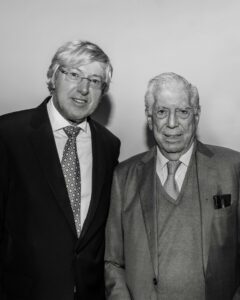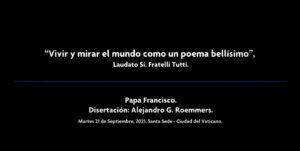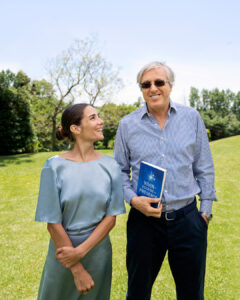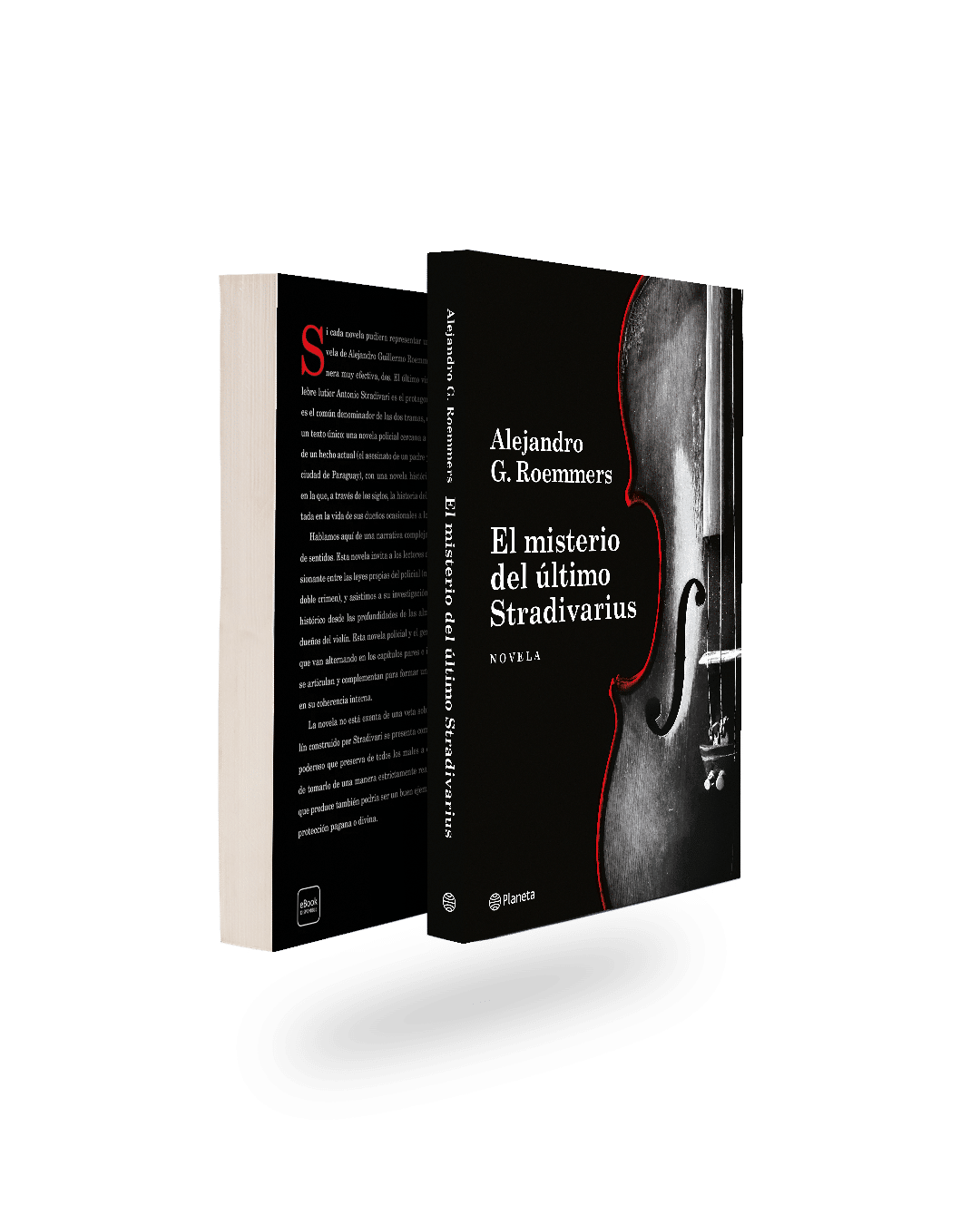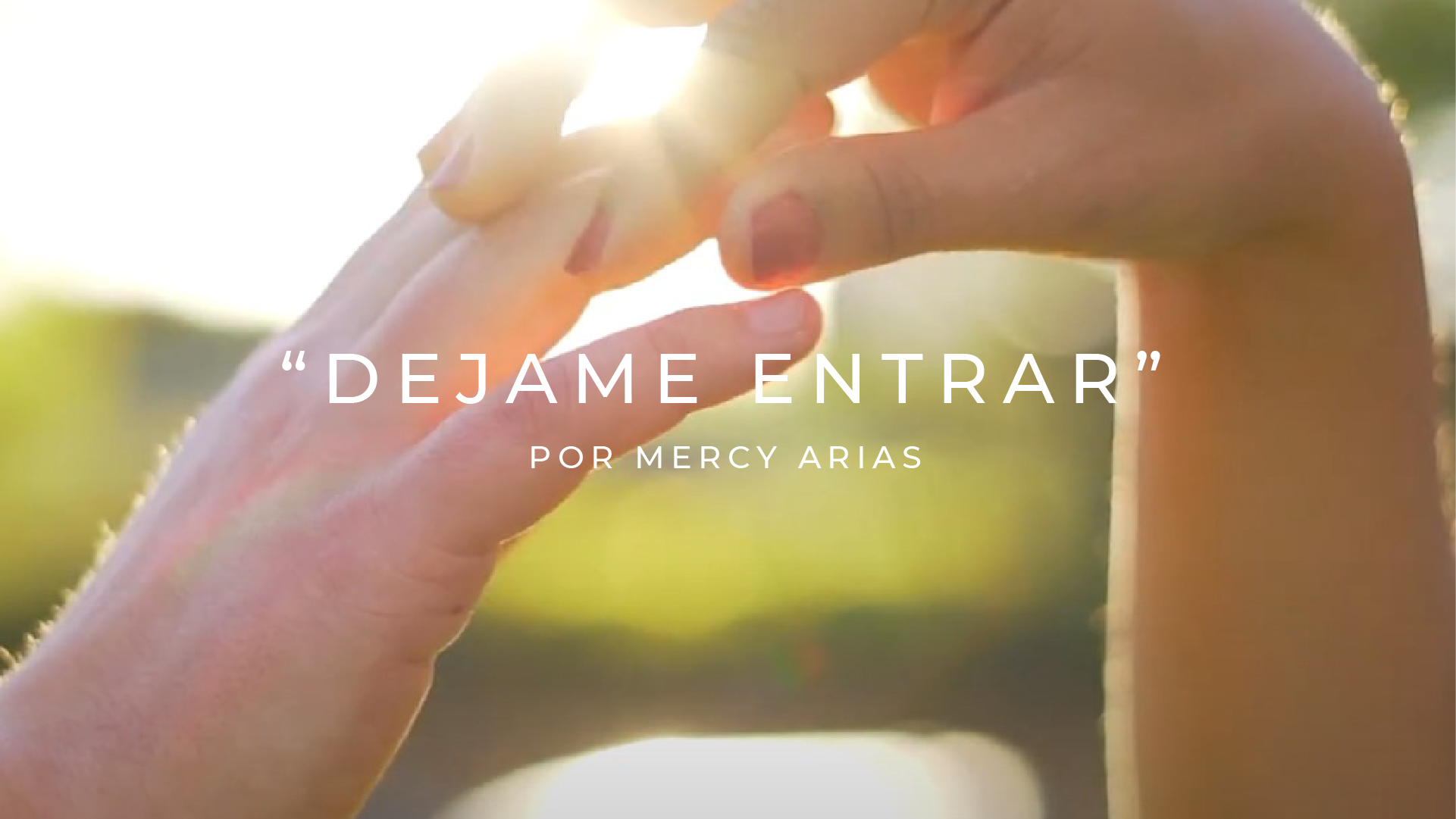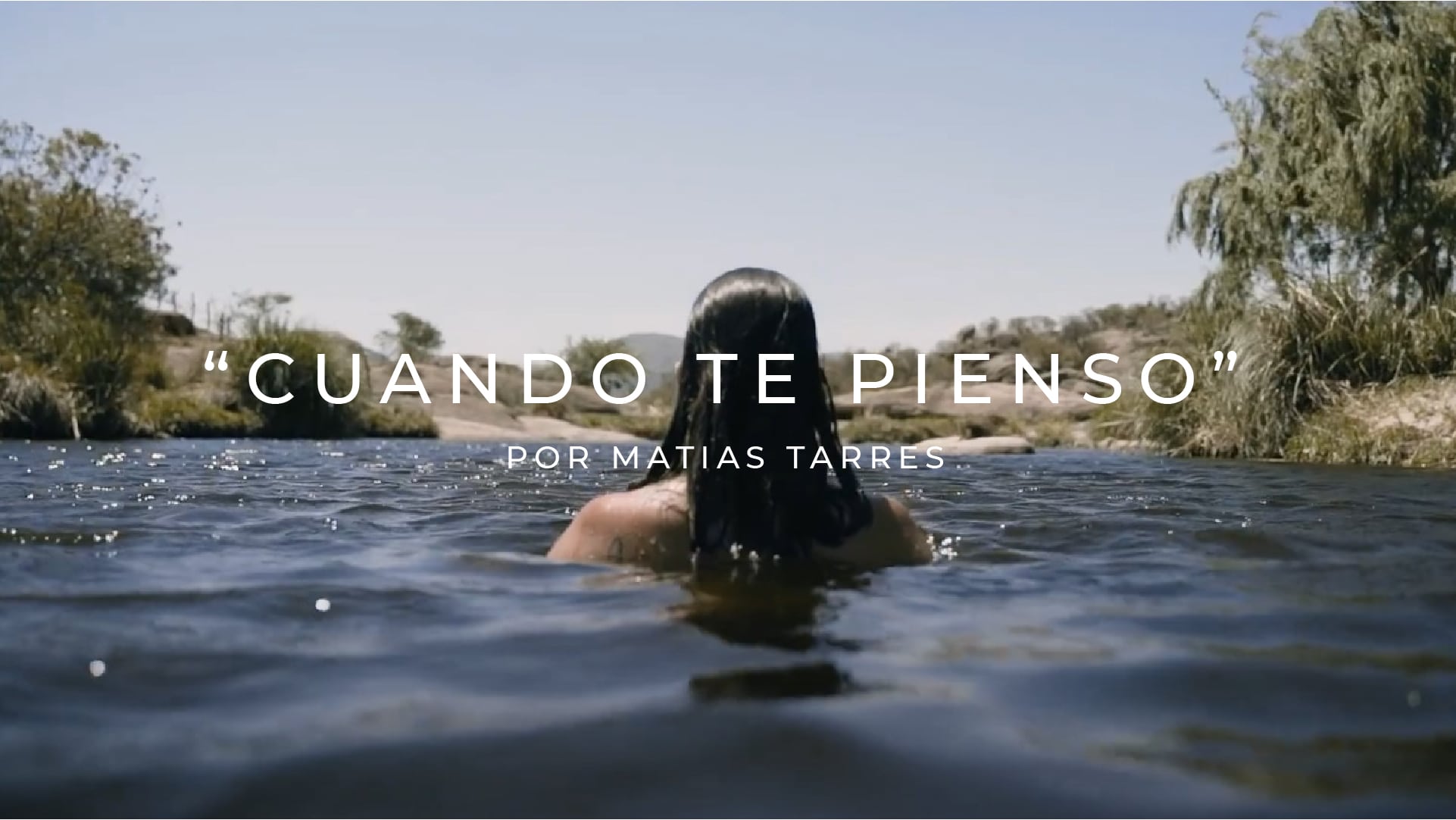Businessman, philanthropist and writer, he presented his new book “The Young Prince Points the Way”, after “The Return of the Young Prince”, which sold more than 3 million copies in 30 countries. The grandson of the founder of the Roemmers laboratories is fully dedicated to writing but he also ventured into the audiovisual industry, making documentaries and projecting a film.
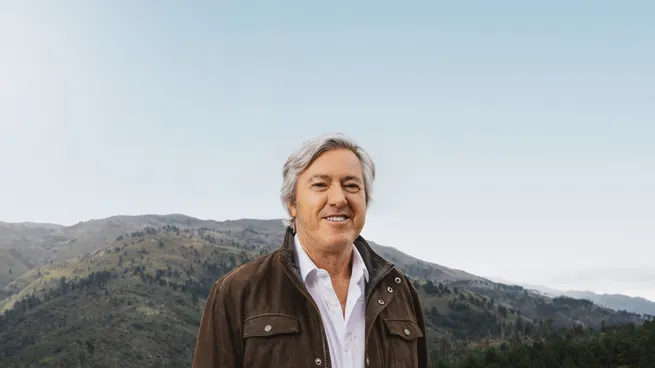
“We are recognized abroad for our artists, writers and scientists, I would like that to continue happening,” dice Alejandro Roemmers, businessman, philanthropist and writer who presented his book “The Young Prince points the way”, a new chapter of his character inspired by the classic story of Antoine de Saint-Exupéry. His previous book, “The Return of the Young Prince,” sold more than 3 million copies in 30 countries and was translated into several languages. The grandson of the founder of the Roemmers laboratories At the age of 45, he decided to give up his shares in the company to dedicate himself fully to writing, but he also ventured into the audiovisual industry, making documentaries. We talk with Roemmers.
Alejandro Roemmers: From a very young age and together with my brothers, we grew up in an environment surrounded by culture and art. My parents were always linked to art and committed to different facets of culture. As for literature, I started writing from a very young age, in my childhood I found in poetry a way to express myself and capture my emotions, the way I felt and how I went through the different stages that I experienced during adolescence as well.
Q: You managed to remain surrounded by references, Nobel Prize winners and even the Pope, how is it achieved and why this desire to be among academics and leaders?
A.R.: I think that destiny and perhaps my way of acting or the different acts of philanthropy that I accompanied during these years took me to different places and milestones, which were undoubtedly very important. From each meeting or meeting, it is always a great experience to exchange views or points of view with such important personalities, and being able to listen to them is nourishing.
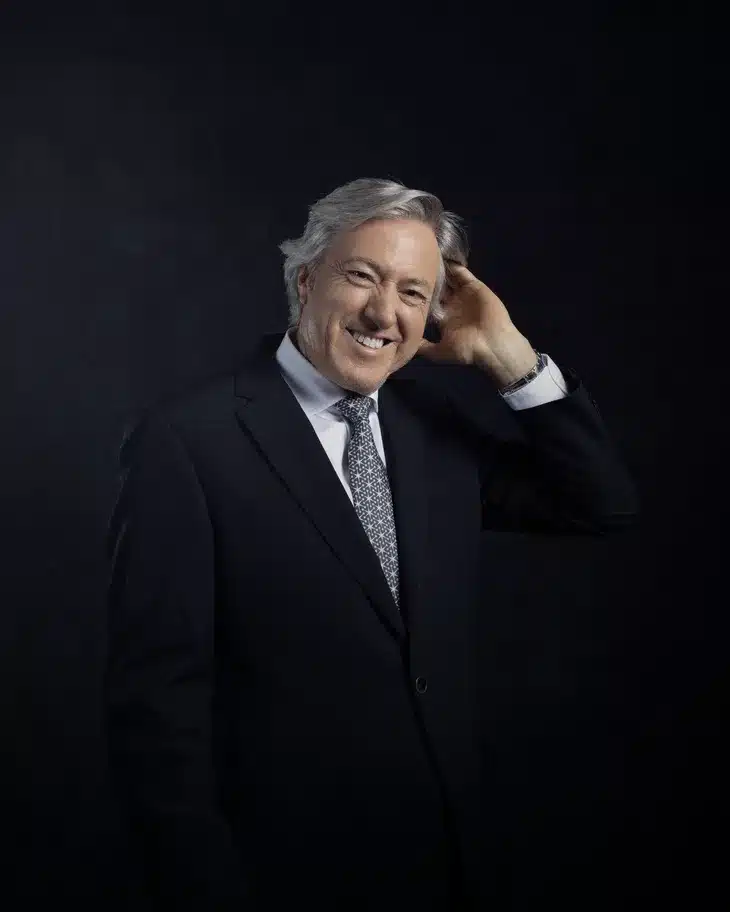
Q: How do you plan audiovisual production?
A.R.: This year, fortunately, there are a couple of audiovisual projects underway. On the one hand, a second part of “Young addictions” will be released, which was the production we launched last year together with Onza. Under the title “Vulnerables”, this new documentary series focuses on mental health problems in young people between 12 and 29 years old, focusing on adolescent suicide, sexual abuse among minors and the obsession of adolescents with physical appearance. On the other hand, I am working on a film based on real events, which tells the story of a group of young people who decided to take their own lives on a bridge. The main focus of the story is teenage suicide, but it also deals with themes such as bullying, lack of support from family and friends, loneliness, family relationships, love, friendship between young people, hope, and faith, among others.
Q: What plays do you have coming up?
A.R.: In the short term there are no plans for theatrical projects, but it is undoubtedly an area that I really like. I have really enjoyed working for the musical Franciscus, which premiered in 2016, as well as for Regreso en Patagonia, in 2022.
Q: What is your new book like?
A.R.: The Young Prince Points the Way is a book I was working on for a long time. After having toured the world with The Return of the Young Prince, I wanted to give a second chapter to this story, which has conquered people of all ages. The first part narrated the return to Earth of the Little Prince, by Antoine de Saint-Exupéry, with the same humanistic and spiritual vision of the world; with a hopeful message and the axis in the transmission of human values. This second part already narrates the Prince at an adolescent age, who goes through the same situations that a young man can go through in high school, his relationship with his classmates, and the different problems that young people go through today: dependence on technology and social networks; their relationship with adults; but with an ending that, like the previous book, leaves the reader thinking and reconsidering different issues in life.
Q: How do you see the culture in this time of strong cuts? The Incaa, Proteatro, the FNA, the INT, the cuts in education and science…..
A.R.: I believe that culture and education are one of the most important things a country can have and contribute to the identity of a Nation. Argentina is a country that knew and knows how to position itself in these areas worldwide.
